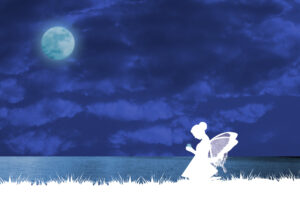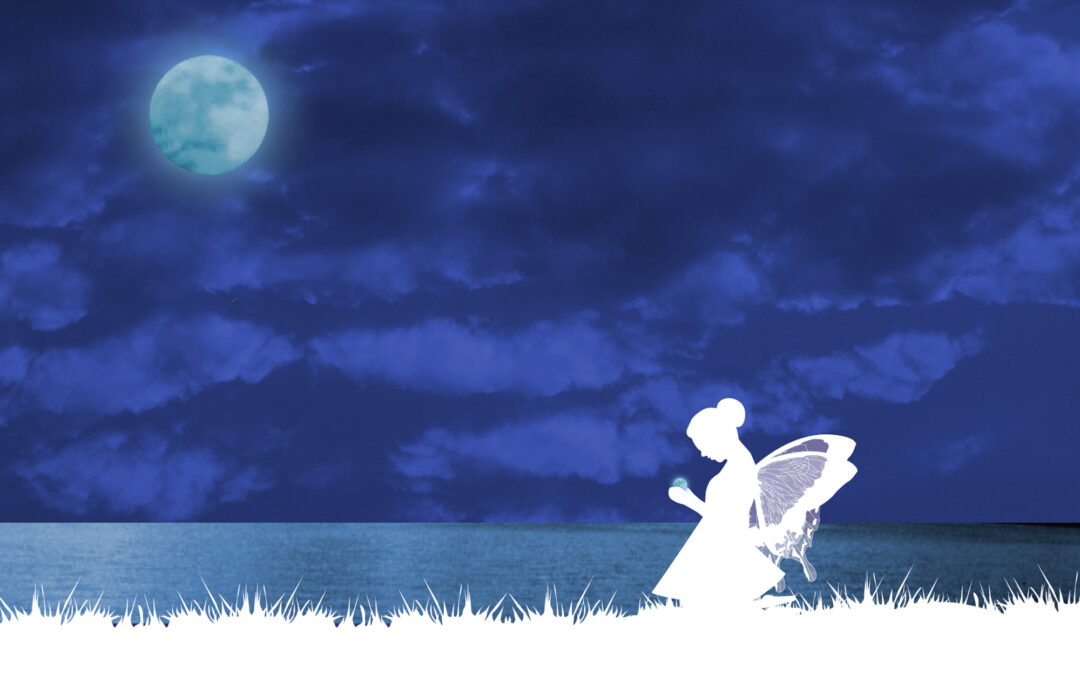I had not planned a book such as Dani’s Decision. I was happily humming along, writing books that take place in Ireland, particularly incorporating historical events into the lives of my characters. But a chance conversation caused me to place my latest Irish-themed book on hold and switch to 1971 Mississippi.
 The conversation took place with someone I had known for decades and who had never left Mississippi. She commented that she was voting for a particular political candidate for one reason only: he promised to make abortions illegal. She didn’t stop there, but she continued talking about a woman and her child as if everyone lived in a fairytale world filled with love and money and devoid of conflict or stress.
The conversation took place with someone I had known for decades and who had never left Mississippi. She commented that she was voting for a particular political candidate for one reason only: he promised to make abortions illegal. She didn’t stop there, but she continued talking about a woman and her child as if everyone lived in a fairytale world filled with love and money and devoid of conflict or stress.
The conversation haunted me. Over the years, I have known many women that opted for abortions, and each one’s situation was unique. At least one was the victim of rape. Others were living from paycheck to paycheck, unable to cover expenses for themselves, much less a baby. With several, the men disappeared as soon as they heard the news. Families were not non-judgemental, either; they tended to be the opposite. They blamed the woman regardless of her circumstances—even despite rape or incest.
 Sometimes a book begs to be written, and this one did. I had lived in the Mississippi Delta for about ten years, between 1967-1977. I was younger than the main character in Dani’s Decision, but I had known the pregnancy issue among unmarried females was a thread through all classes. One teenage neighbor left with her mother for an extended vacation; when they returned home, the mother, a woman in her 60s, miraculously had given birth while away. A botched back-alley abortion permanently disfigured a friend and nearly cost her her life. Others faced a life of poverty and did not wish to bring a child into those circumstances.
Sometimes a book begs to be written, and this one did. I had lived in the Mississippi Delta for about ten years, between 1967-1977. I was younger than the main character in Dani’s Decision, but I had known the pregnancy issue among unmarried females was a thread through all classes. One teenage neighbor left with her mother for an extended vacation; when they returned home, the mother, a woman in her 60s, miraculously had given birth while away. A botched back-alley abortion permanently disfigured a friend and nearly cost her her life. Others faced a life of poverty and did not wish to bring a child into those circumstances.
So I decided to write a book that would incorporate what options were available to a pregnant woman in 1971 Mississippi, before Roe v. Wade, which the Supreme Court would not decide until 1973. I used a compilation of the women I knew and the options they took: going to court to try and persuade a judge that they were not a loose woman that finally got caught; going out of state for legal and safe abortion; putting a child up for adoption; going for a back-alley procedure; keeping the child and telling them they were their sister and not their mother.
 Dani’s Decision was not an easy story to write. It took me back nearly 50 years to what life was like for Mississippi women. It reminded me of the misogyny and sexism that permeated society. I recalled the racism and the Southern caste system. Yet, I knew that I had to remind women how things once were.
Dani’s Decision was not an easy story to write. It took me back nearly 50 years to what life was like for Mississippi women. It reminded me of the misogyny and sexism that permeated society. I recalled the racism and the Southern caste system. Yet, I knew that I had to remind women how things once were.
I have learned that the reader arrives at their own conclusions to how Dani’s pregnancy plays out when they reach the final chapter. I wanted a dialogue, particularly among women. I wanted people to ask what they would have done had they been raped by a stranger, discovered they were pregnant with the assailant’s child, have their family turn away from them in shame, and face an uncertain future. Their choices will be as unique as they are. And perhaps that’s the way it should be.
Read More:

